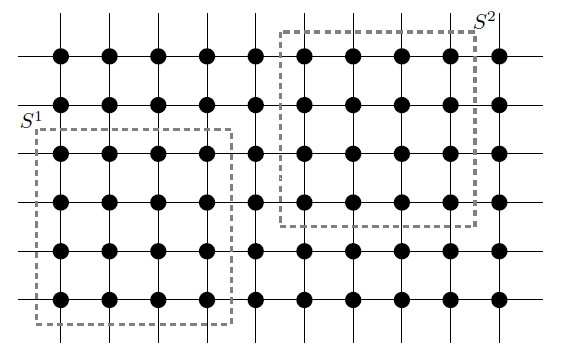A coordination game is repeatedly played on a graph by players (vertices) who have heterogeneous cardinal preferences and whose strategy choice is governed by the individualistic asynchronous logit dynamic. The idea of potential driven autonomy of sets of players is used to derive results on the possibility of heterogeneous preferences leading to heterogeneous behavior. In particular, a class of graphs is identified such that for large enough graphs in this class, diversity in ordinal preferences will nearly always lead to heterogeneity in behavior, regardless of the cardinal strength of the preferences. These results have implications for network design problems, such as when a social planner
wishes to induce homogeneous/heterogeneous behavior in a population.
Coauthored with Philip Neary.
Published in the Journal of Mechanism and Institution Design (2017). Link to paper.
